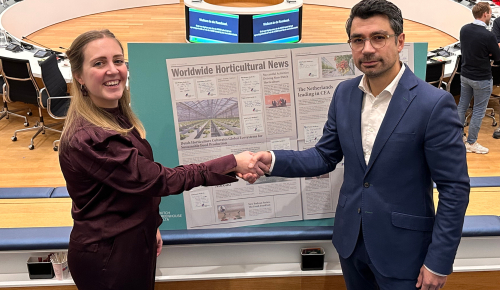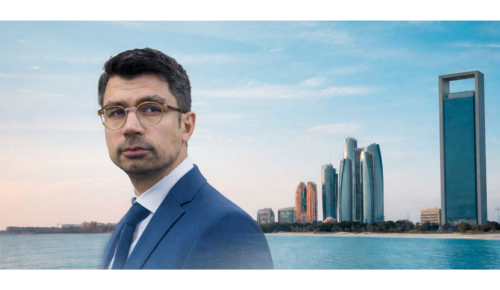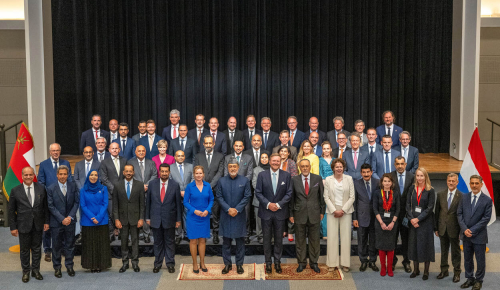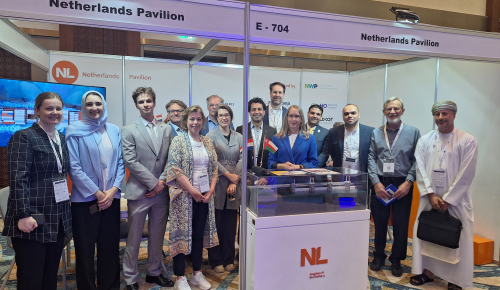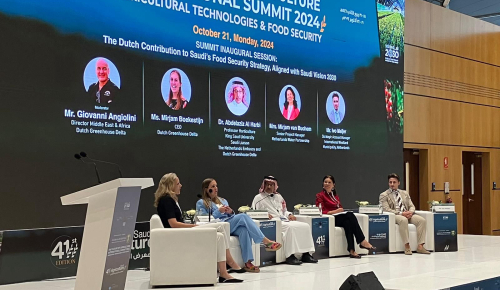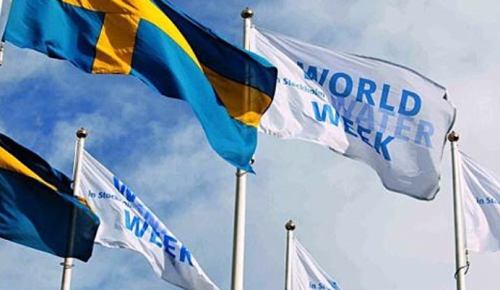News
15 December 2020GIRAgua Chile: underground water storage and reuse of water in battling drought
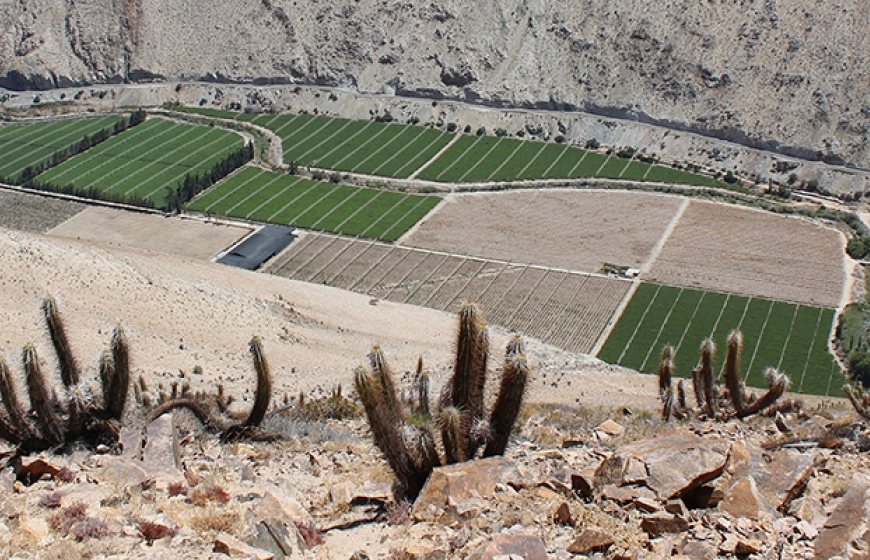
The Netherlands and Chile only relatively recently started collaborating on water. The Netherlands has supported the country in improving its water management since 2016. With its extremely elongated shape (4,000 kilometres from north to south!) and geographic diversity, Chile has a multitude of water issues. The availability of water is one of the most urgent issues. The GIRAgua recharge pilot project that is looking into storing water underground started in 2019. It is subsidised by the Partners for Water Programme.
The north of Chile in particular is extremely dry, explains Wendele van der Wiele of the Partners for Water Programme. “Climate change is only making the drought worse. The pilot is looking at the catchment area of the Elqui River which flows from the Andes to the Pacific Ocean. It has hardly any water in the dry season, but does have water in the rainy season. But it then disappears straight into the sea as the precipitation is not held in the glaciers or snowpack. There are very few options to retain it longer for the region’s agriculture.” Hans van Duijne of Deltares and Project Leader of GIRAgua recharge adds that “the objective of our GIRAgua project — in which both Dutch and Chilean partners collaborate — is now to see how we can retain water for longer and store it underground, even up to a depth of about 200 metres.”
Underground storage of water in empty aquifers
“There are aquifers underground which used to contain water but which have been completely pumped dry over time,” continues Van Duijne. “We are looking into ways of filling the aquifers again. This could be with water from various sources. We are first tapping water from the river, but the aquifers could also be used for infiltration of purified domestic wastewater. We are now looking into the question of how water infiltration works in an aquifer, but when we start using different sources, we will also look into the issue of water quality.”
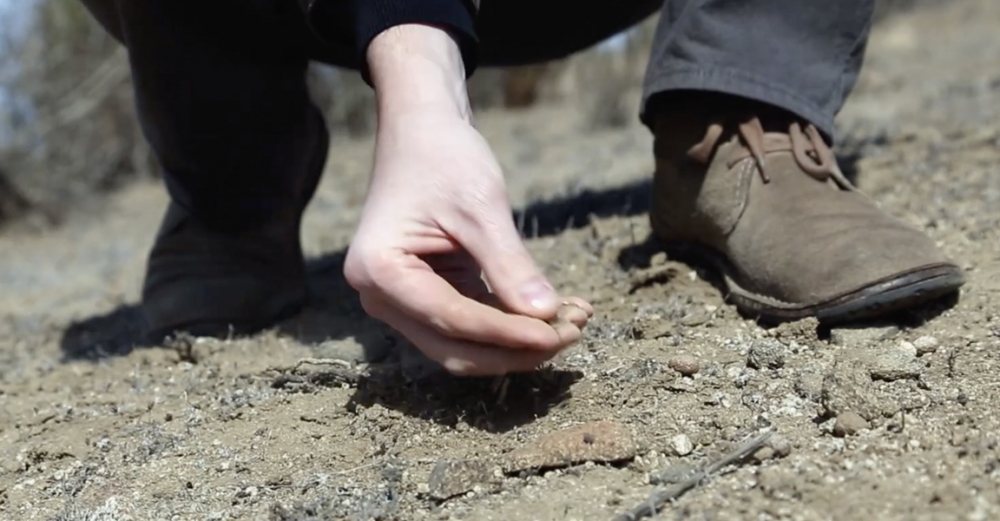
Compact water purification for small-scale use
The Dutch company Bluecon has designed a very compact water purification unit that will be installed in four locations in Chile as a demonstration project. This is not part of the GIRAgua project, though one of the locations is in the region where GIRAgua works. Paul van de Grift of Bluecon says that “Worldwide, outside the large cities, little is done about water purification. This is unfortunate because you want to use all the water that is available, and certainly so in dry areas. Why would you not reuse purified wastewater?” One obstacle to water purification is that the large traditional purification facilities are rarely suitable for small application in rural areas, small towns or villages, explains Van de Grift. “We have designed a unit that can convert domestic wastewater into reusable good quality water simply. It is extremely suitable for small-scale application. The purified water can be for irrigation and it can also be stored underground for later use. It fits seamlessly in a circular system and perfectly complements GIRAgua’s goal of making efficient use of water possible in a dry rural region.”
“We are looking at the options of filling up the emptied underground aquifers with water.”Monitoring is crucial
“To really build on the availability of underground water stocks and to be able to rely on them requires a good monitoring system,” says Van Duijne. “That is also one of the aspects that we are targeting in this project. Monitoring shows the amount of water that is available. And we can use monitoring models to predict the effect of water abstraction by one farmer on the water abstraction of his neighbour. When you make this visible and prove that your model really shows what is happening, you will build trust that it really does work.”
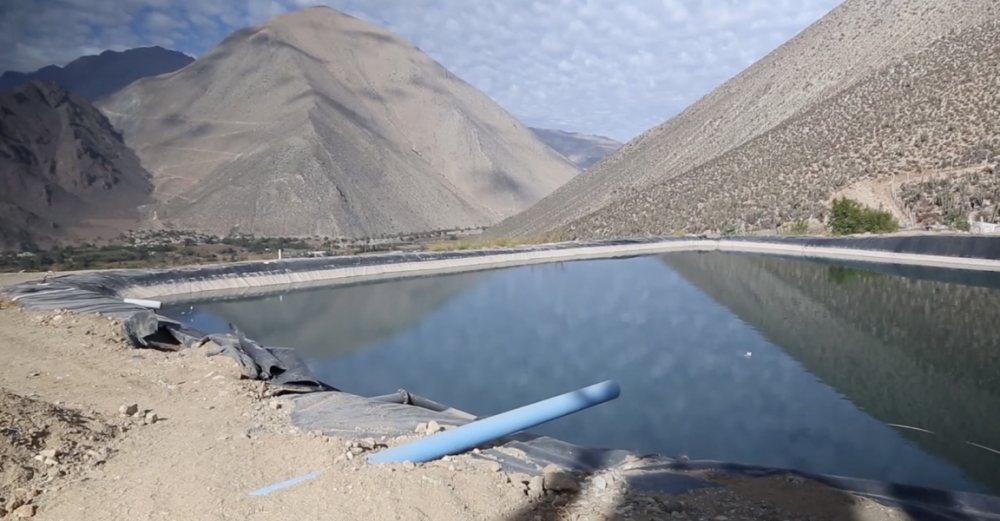
Complex system of water rights
The water availability issue not only calls for technical solutions, but should include an important governance component, emphasises Van der Wiele. “Chile has a highly complex system of water rights. Everyone, from farmer to large industry, is assigned a certain amount of rights. Those rights relate to the surface water and sometimes more rights are granted than there is water. But the system does not cover the water underground. So the question is who owns that underground water?” Van Duijne adds that “You should really extend that water rights system to underground water, but this will only succeed if agreements are made with stakeholders who can ‘see’ the amount of water available underground and where it is.”
Partners for Water Ezine
This article is part of the Partners for Water Ezine, an online publication of NWP and RVO highlighting the water activities within several countries marked ‘delta cooperation’, part of the water policy of the Dutch government called NIWA. The delta cooperation emphasises the exchange of knowledge on water management to create solutions on water safety en water security worldwide. Read the full Ezine (in Dutch).
